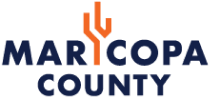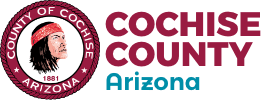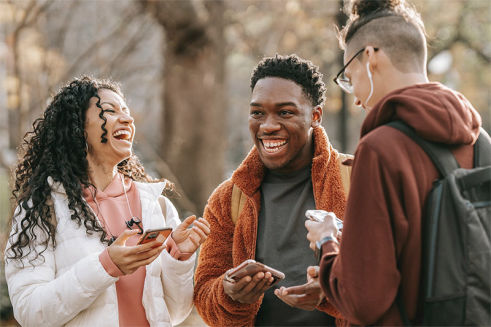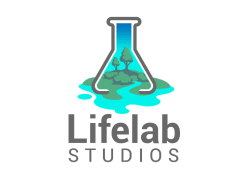Coaching Mindset Journey
For staff, officers, and administrators working with justice-involved individuals—from diversion to probation to detention—Journey.Do provides an anytime, anywhere approach to professional development fostering growth, accountability, and meaningful change.
What we provide.
Journey.do is a revolutionary program, platform and service designed to ensure organizations are better prepare to support change. We provide every officer personalized care, while powering your organization with deep AI insights to ensure change happens. Our solution includes:
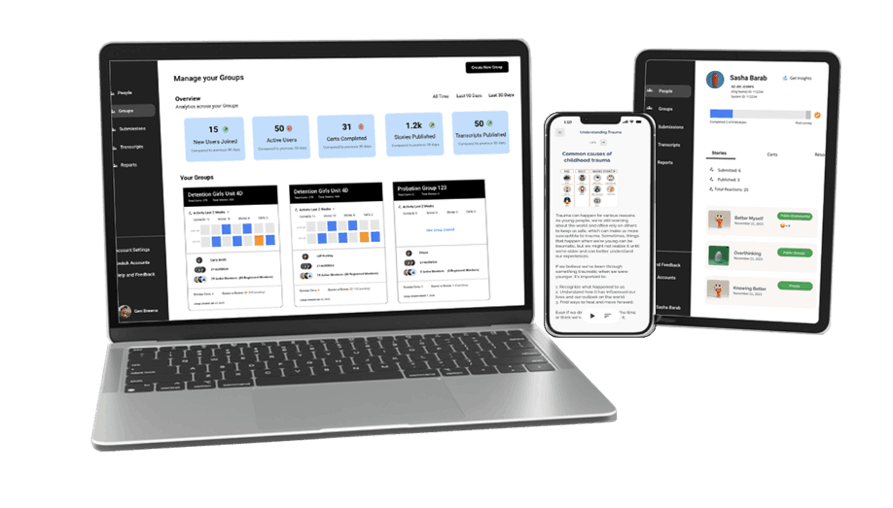
Connected Growth Platform
Research-based, connected growth platform that supports anytime, anywhere small group growth journeys. Participants connect with peers, share stories, learn useful skills, and receive validation, creating an environment of mutual growth and support.

Personalized Life Coaches
Coaches/Growth Specialists guide every step of the journey, alleviating burdens on staff while ensuring program fidelity. Coaches provide strength-based feedback and personalized care, using evidence-based practices to ensure quality care.
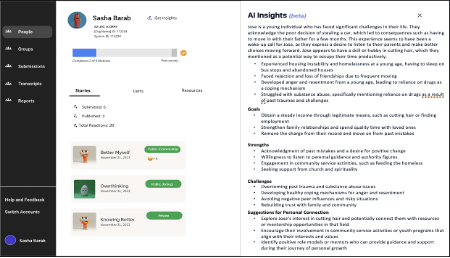
Generative Artificial Intelligence
Advanced AI delivers personalized insights and feedback, driving consistent and impactful growth. Gain actionable insights and identify patterns, create growth and transition plans, and to improve outcomes across individuals and organizations.



